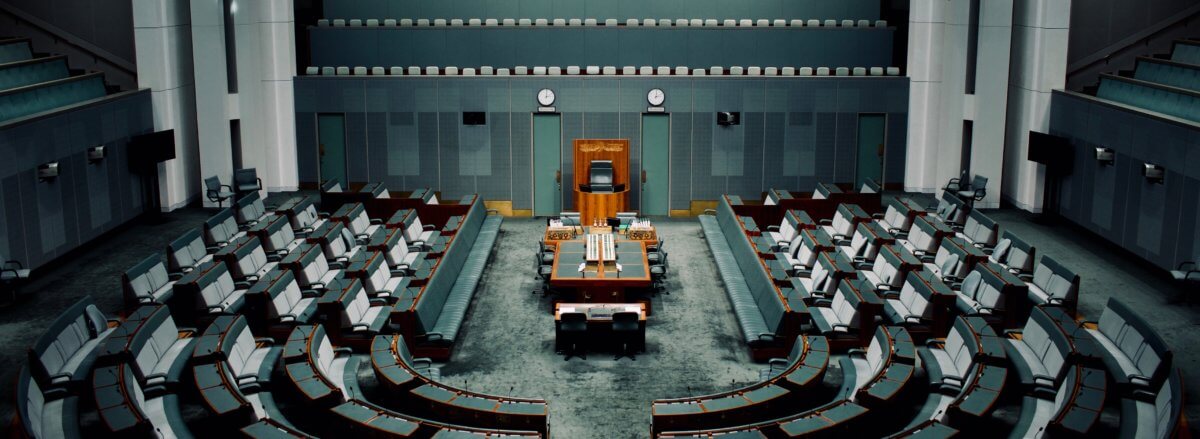When the first reports of the Coronavirus started to come out of China a couple of months ago, no one could predict the enormity of the changes that would take place in our lives as individuals and as a society (a global society). Those changes are now starting to be real and tangible: trips outside limited; pubs, restaurants, cinemas closed; escalating numbers of people having to be confined to home; and, of course, most significantly, more and more people becoming infected and, sadly, dying.
But in so many ways our lives and our society, our community, continues. Our vital and essential workers must continue to do what they do; our streets still need to be cleaned; our shops still need to be stocked; our streets still need to be places where, even though access is much reduced, we can feel safe and protected. There are many examples of how life is continuing and, to a degree, some things might actually be improving – speaking to old friends, keeping an eye on vulnerable neighbours, helping join the new army of NHS volunteers to assist those less able to look after themselves. All this and more shows how such a crisis can bring out the best in people.
Flip the coin, however, and we see manifestations of selfishness and greed, a wanton disregard for the needs and safety of others – those scenes in the media from supermarkets were ugly and frightening. Internet scammers are already doing their worst. So it’s crucial we don’t forget the need to look out for people who may not fit readily into one of the current “priority” groups, the elderly and infirm. Especially, when we can see the sad reality that there will be people trying to take advantage of this current crisis, we need to think about how best to support and reassure those who may well fall victim to criminal activity – it hasn’t gone away and nor has the need for support.
How can we make sure that those in need of support will continue to get it? We know that many organisations will continue to offer such support in the best ways that they can throughout all this. But we all need to think more about what can be done to ensure such support in rapidly changing circumstances : supporters, staff and volunteers will not be able to offer face to face support; there will be an increase of domestic abuse incidents, undoubtedly, as people are confined to their homes with all the additional pressures of worrying about rents, mortgages, paying for food; the police may find themselves increasingly (over ) stretched and so not able to respond as they would wish; people will feel increasingly isolated and alone if not abandoned.
We need to think creatively about our approach to maintaining good and effective support for victims during this period and our organisations need to promote the clear message that, whilst it might not be business as usual, we are still very much here to offer support, advice and, if nothing more, a listening ear to help people through this and through other difficulties that do not, sadly, go away in a time of crisis.
As a global society we have been encouraged, over many years now, to work in smarter and more agile ways: teleconferencing, hangouts, video and live links in court etc. Never has this been more important than now. Victims of crime must not be forgotten; we must reach out, be proactive in making sure our message and offer of support is delivered loud and clear, use all the means at our disposal to reassure people that they are still important and that, even if an imperfect way, we will still be here to try and meet their needs.




